Why individuation makes sense to me as I get older
Share this article:
T he concept of individuation was first brought to my attention when reading the work of Carl Jung. I would have been in my early thirties when I started exploring this idea; that stage in life when I was struggling with new identities like parenthood and trying to figure out what I was here on the planet to do. It’s a very confusing time – looking back at journals that I kept then, I can see that I was going round in circles trying to figure out what I wanted to do with my life, whilst balancing the priorities that young children bring.
he concept of individuation was first brought to my attention when reading the work of Carl Jung. I would have been in my early thirties when I started exploring this idea; that stage in life when I was struggling with new identities like parenthood and trying to figure out what I was here on the planet to do. It’s a very confusing time – looking back at journals that I kept then, I can see that I was going round in circles trying to figure out what I wanted to do with my life, whilst balancing the priorities that young children bring.
It was all very mystifying so reading the ideas that Jung was putting forward really helped. He talks about the journey of the soul as it travels through a life. It begins whole and then goes through a fragmentation in the early decades of life. We are trying to figure out who we are, and in doing so we define different characters, different versions of ourselves. We are also trying to fit in, so a lot of these characters that form are versions of our true self, and are versions where there is a lot repressed into what Jung calls the Shadow.
Then there comes a point in our 40s and 50s where things start to integrate again. Major life events – such as the death of parents – speed this process along. It is almost as though there is something within that is driving the different aspects of our self together into an integrated whole. This is what I think Jung means by Individuation – the process of bringing back together the different parts of our self so that we become whole again.
Some describe this as “growing old disgracefully” because it is the time in life when we are able to integrate and accept those parts of ourselves which we have buried in the Shadow earlier in life. We are also working hard to draw together the parts of ourselves that we display in the different worlds we inhabit. Until this begins to happen we may come across very differently in the world of work, family, friends and so on. Individuation brings this together and helps us to become more whole.

2 thoughts on “Why individuation makes sense to me as I get older”